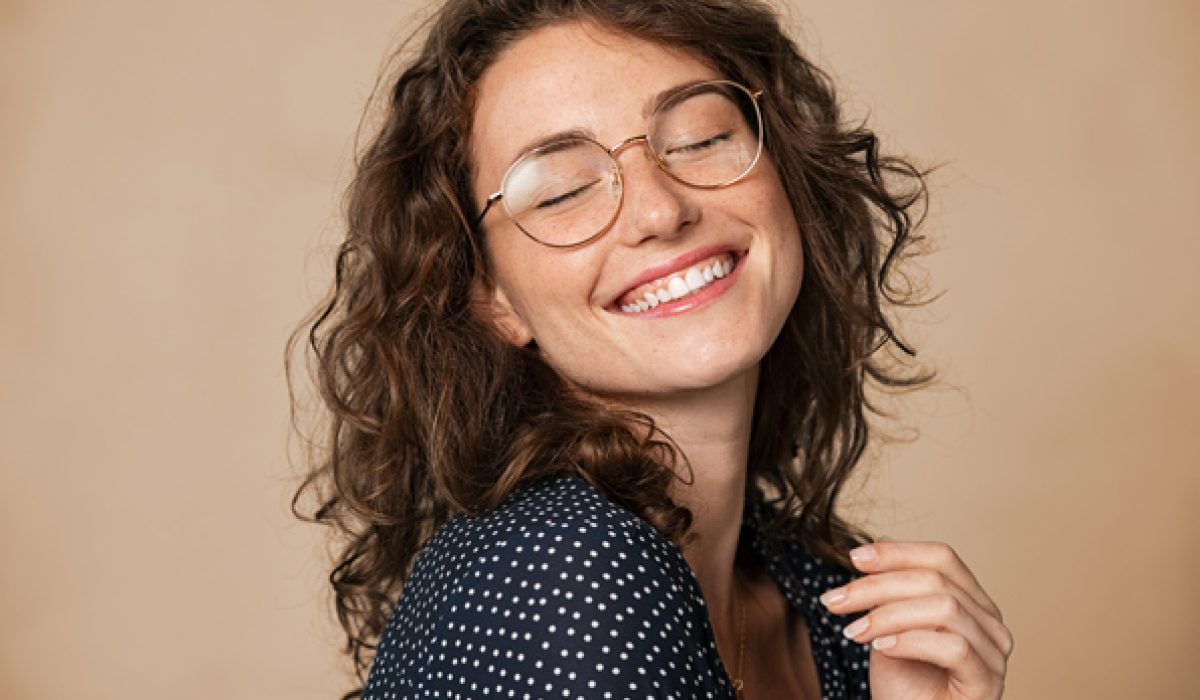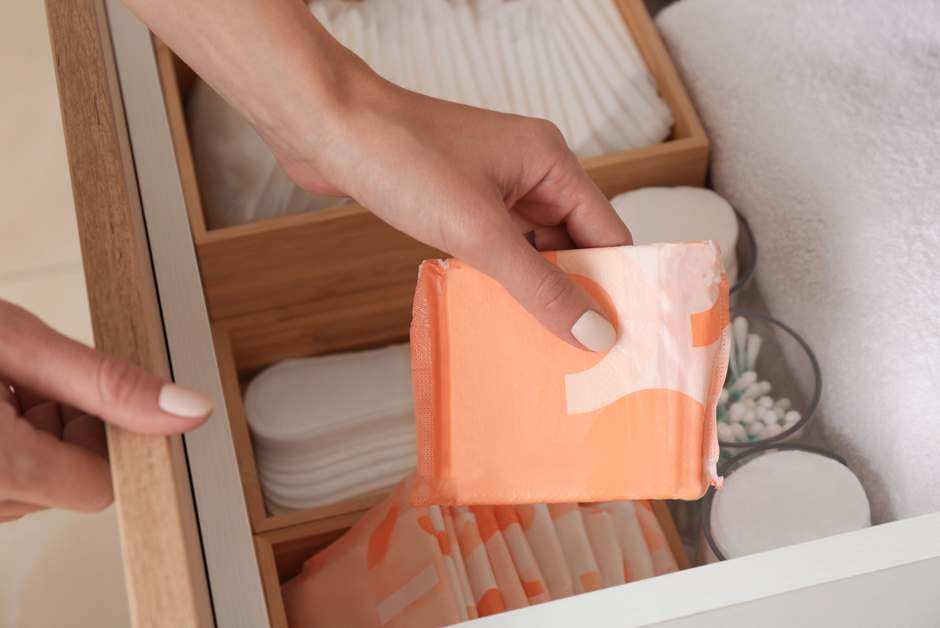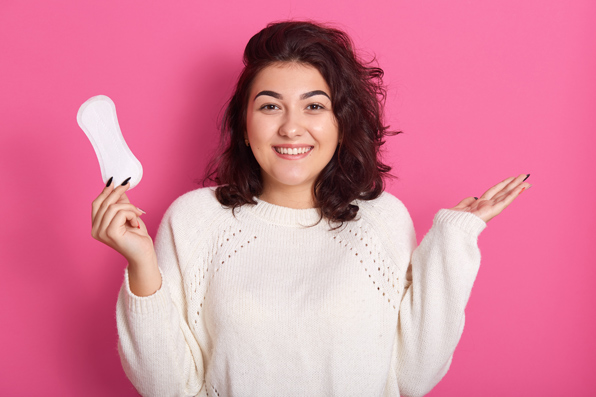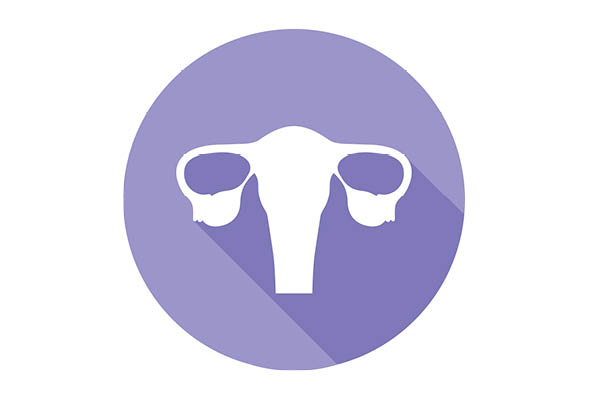The vagina is a significant organ in the female anatomy, responsible for expelling waste from the body, giving birth and providing pleasure – so why is it shrouded in mystery and, in some circles, linked to shame and embarrassment?
From learning the correct terms for the parts of the female genitalia, to getting to know how your own vulva and vagina looks, feels and even smells, there are many ways to increase vaginal confidence with the aim of improving health and comfort, as well as changing the way we view and talk about vaginas in general.
In this blog post, we look at the things that you can do at home to boost your vaginal confidence.
Learning The Lingo
Did you know that only half of women aged 26-35 are able to correctly identify the location of the vagina? This statistic alone is enough evidence of the cultural taboo surrounding the female anatomy – a taboo which not only encourages women to feel shameful or embarrassed to talk about their bodies, but also discourages some women to seek help for potentially life threatening issues such as cervical cancer and serious sexually transmitted diseases (STDs).
For the record, the vagina is the part of the female genitals that extends from the vaginal opening to the cervix. It is surrounded, on the outside, by the vulva, which is the part that is often mistaken for the vagina. The vulva consists of the vaginal lips, clitoris and the Bartholin’s glands, which secrete mucus to lubricate the vagina.
Dr Aka, Consultant Gynaecologist at The Gynae Centre, explains: “There are many reasons why we should label parts of the female reproductive system correctly, particularly to increase knowledge and confidence in our health and sex lives. Knowing how to tell our doctors about a problem with a particular part of our anatomy, rather than using a euphemism, will reduce chances of a misunderstanding and help you receive the correct diagnosis and treatment. In addition, knowing what to ask for in the bedroom could increase your sexual pleasure by miles.”
Practice Masturbation
Another taboo topic, masturbation is something that many of us do, but never talk about. This unnecessary shame around something that is so commonplace can mean that some women don’t get the true benefits of masturbation that they should. This is a natural, healthy self-care activity that can be so much more pleasurable after getting to know your vagina better.
In addition, getting to know what makes you tick on your own can be extremely helpful later on during intercourse with a partner, as you’ll be able to tell them exactly what you like.
Respect Everything It Does For You
Often, we scrutinise and criticise our bodies, and we often forget to appreciate them. This extends to the female genitals and how they are compared with the ‘perfect’ appearance as seen in pornography. Instead of comparing, it should be recognised that all vaginas are unique in appearance, and the importance should instead be placed on their function. The vagina is an essential part of providing life and bringing you pleasure. It’s self-cleaning, it aids in the removal of toxins from your body and facilitates menstruation. The vagina is capable of many incredible things!
Love Your Labia
As gynaecologists, we have seen labia of all shapes and sizes – and all are normal. Despite certain beauty standards dictating what kind of labia is ‘appealing’, there should be no reason to be uncomfortable with your labia unless it is causing you problems (in rare cases, labia can rub against the inner thighs and cause inflammation, bruising or even bleeding, prompting some women to undergo minor surgery to remove excess tissue).
The easiest way to get to know your labia is by studying it. Don’t be afraid to get up close and personal by using a handheld mirror! Do this regularly to note any changes in shape or colouration, as well as any moles or lesions that were not previously visible. You might also ask your partner if they have noticed any changes in the way your labia looks or feels.
Look After It
We have already talked about the incredible things that vaginas are capable of, so while it is important to recognise these abilities, the next step should be to safeguard your vagina against conditions that could threaten its health and performance. This can include protecting against STDs by getting checked regularly and using barrier methods, attending routine smear tests for early detection of gynaecological cancers, and preventing hormone imbalances during the menopause or other hormone-related conditions such as PMDD and endometriosis.
Having confidence in your vagina also means knowing when to contact a medical professional if you feel that something isn’t normal. Knowing the correct terminology for the different parts of your genitalia, and getting comfortable with how your vagina looks and feels, will help you to take control of your health and wellbeing going forward.
If you need to talk to a gynaecologist about any concerns, contact The Gynae Centre by clicking here. Alternatively, use our online booking service or call our clinic on 020 7580 8090 to book a consultation with a friendly, experienced gynaecologist.






